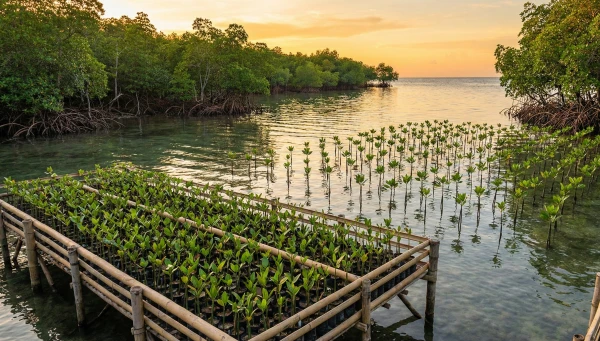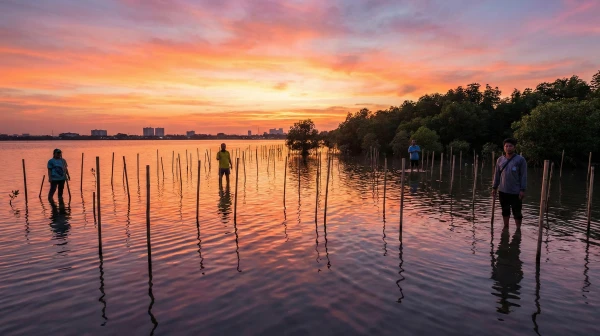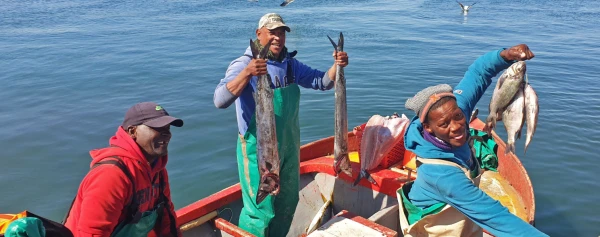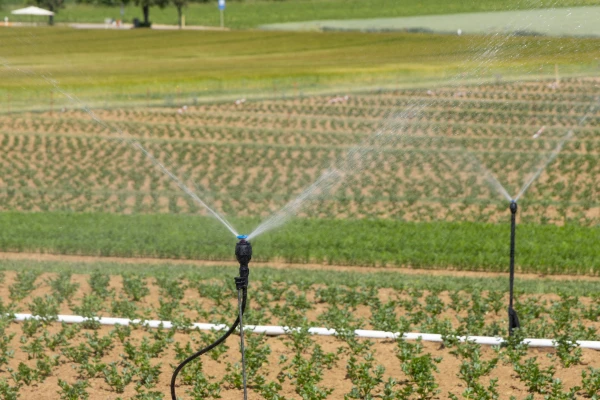Our Views
Strengthening the Tourism Sector in Small Island Developing States (SIDS)
Tourism is a cornerstone of economic growth for Small Island Developing States (SIDS), contributing significantly to GDP, employment, and foreign exchange earnings. However, SIDS face distinct challenges, including environmental vulnerabilities, over-reliance on narrow market segments, and increasing competition. Drawing on global trends and examples from destinations where Aninver has recently worked, such as the Bahamas, Barbados, Jamaica, Tonga and Antigua, this article explores how SIDS can position themselves for long-term growth through sustainable strategies and innovative practices.
Key Trends Shaping Tourism in SIDS
- Sustainability as a Core Driver
Travelers are increasingly prioritizing eco-friendly destinations. SIDS like the Maldives and Seychelles have set benchmarks by integrating coral reef preservation, renewable energy projects, and sustainable luxury tourism. To remain competitive, SIDS must embed sustainability into their tourism strategies, similar to the work we support through our sustainability services. - Digital Transformation
Technology has become a game-changer in tourism, enabling destinations to enhance the visitor experience through virtual tours, AI-driven personalization, and smart tourism tools. SIDS leveraging such technologies can boost competitiveness and visitor engagement. Explore how our digital transformation services can assist in this evolution. - Rising Competition
As tropical paradises, SIDS often compete for the same high-spending tourist segments. The Maldives and Seychelles have excelled in targeting affluent travelers with boutique resorts, marine conservation initiatives, and exclusivity. Learning from these leaders, SIDS like the Bahamas and Barbados have begun implementing similar strategies. Our tourism advisory services support destinations in crafting competitive strategies that leverage their unique offerings.
Challenges Facing SIDS in Tourism
- Market Dependency
Over-reliance on traditional markets, such as Europe, leaves SIDS vulnerable to economic fluctuations. For example, the Bahamas and Barbados are expanding their marketing efforts to attract visitors from Asia and the Middle East. Market diversification is critical for building resilience. - Environmental Vulnerability
Climate change is a significant threat to SIDS, impacting beaches, coral reefs, and coastal infrastructure. Adaptation strategies, such as coral restoration and renewable energy adoption, are essential for maintaining sustainable tourism. Learn how our project management services can help implement climate-resilient projects. - Infrastructure Gaps
Many SIDS need improved transport connectivity, modernized airports, and waste management systems to meet global standards. Antigua’s investments in airport upgrades and eco-friendly resorts provide a valuable example of addressing infrastructure challenges while enhancing visitor experiences. - Human Capital Shortages
A lack of skilled professionals in tourism management, particularly in digital and sustainable tourism, limits competitiveness. Investing in vocational training programs tailored to the needs of the tourism sector is a crucial step forward.

Strategic Recommendations for SIDS
- Planning
Develop comprehensive tourism master plans to align with global trends and set clear investment priorities. These plans should incorporate sustainability goals and market diversification strategies. Discover how our strategy development services can assist in creating actionable roadmaps. - Differentiation
- Focus on High-Value Tourism: SIDS should attract high-spending tourists through luxury eco-tourism products, boutique resorts, and marine conservation initiatives, as seen in Seychelles.
- Market Diversification: Expand beyond traditional markets to attract visitors from Asia, the Middle East, and Africa, reducing dependency on Europe and North America.
- Sustainability
- Climate Adaptation: Implement projects such as coral restoration and renewable energy systems, ensuring resilience and environmental sustainability.
- Responsible Tourism Practices: Balance economic benefits with environmental preservation by promoting eco-conscious travel.
- Innovation
- Digital Tools: Utilize smart apps, virtual tours, and data-driven marketing campaigns to enhance competitiveness. Learn more about our expertise in digital transformation.
- Human Capital Development: Invest in training programs for sustainable tourism practices and digital proficiency to elevate the sector’s workforce.

Success Stories in SIDS
Examples like the Bahamas' "People-to-People" program, which connects visitors with local hosts for cultural experiences, and Barbados’ focus on heritage tourism illustrate the potential for SIDS to stand out. Similarly, Antigua's focus on eco-friendly luxury resorts demonstrates the power of combining sustainability with high-value tourism. These success stories provide valuable lessons for other SIDS looking to boost their tourism sectors.
Partnering for Success
Tourism is a lifeline for SIDS, but its sustainability requires proactive strategies that address unique challenges while leveraging natural and cultural assets. At Aninver, we specialize in helping destinations like SIDS align with global trends, develop competitive strategies, and implement impactful projects.
Explore our services and read our blog for more insights into challenges and opportunities in the tourism sector. Contact us today to discuss how we can support your vision for sustainable tourism growth.
With the right strategies, SIDS can not only compete but excel as leaders in global sustainable tourism.










